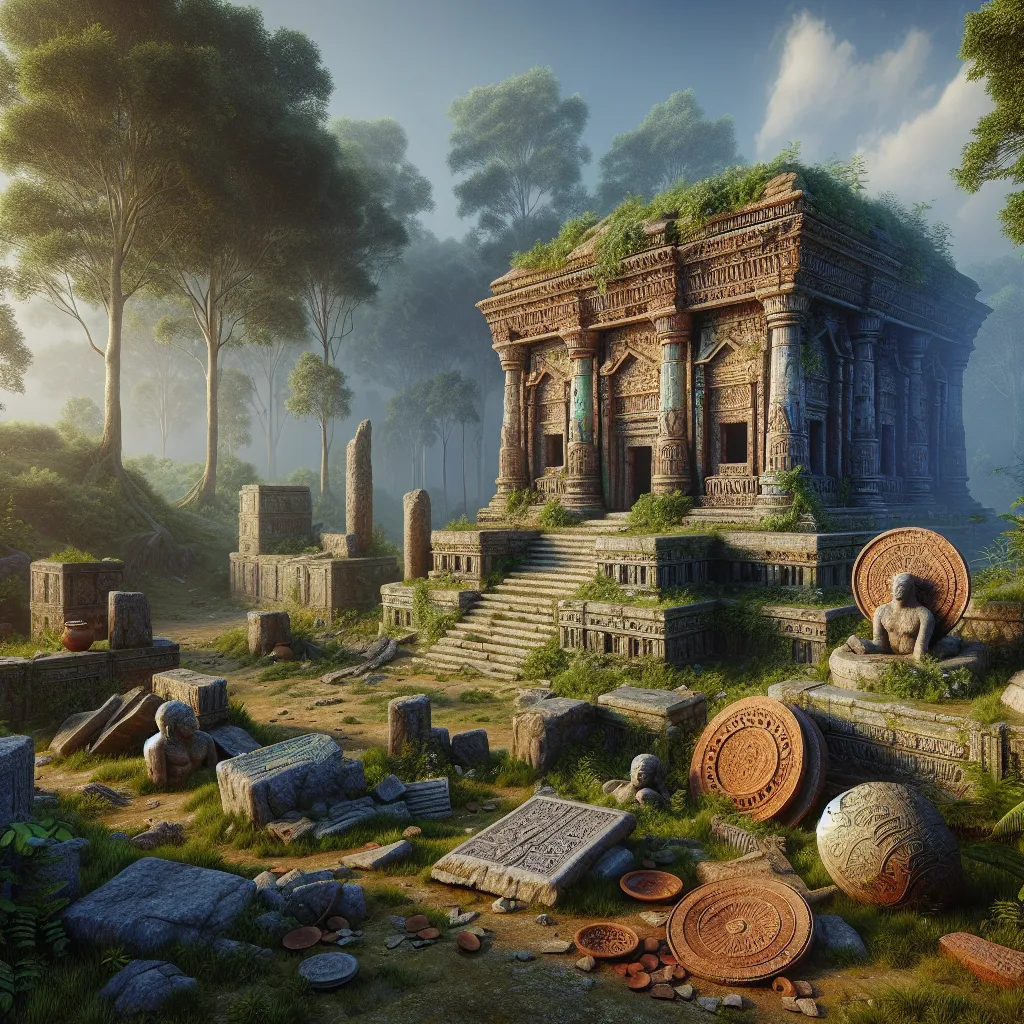History of Ancient Civilizations
History of Ancient Civilizations
 Description: A view of ancient ruins, representing the architectural and cultural legacy of early human societies.
Description: A view of ancient ruins, representing the architectural and cultural legacy of early human societies.
The study of ancient civilizations reveals the rich and varied tapestry of human history. These civilizations laid the foundations for modern society through their innovations in governance, technology, and culture. This section delves into some of the most influential ancient civilizations.
Ancient Egypt
- Pharaohs and Pyramids: The Egyptian civilization is renowned for its monumental architecture, including the pyramids and the Sphinx, as well as its complex social structure governed by pharaohs.
- Hieroglyphics: The development of a writing system using pictorial symbols facilitated record-keeping and cultural expression.
- Religion and Mythology: The Egyptians practiced a polytheistic religion with gods like Ra, Osiris, and Isis, and they believed in an afterlife, leading to elaborate burial practices.
Ancient Greece
- Democracy: Athens is often credited with the development of democracy, where citizens participated directly in decision-making.
- Philosophy and Science: Thinkers like Socrates, Plato, and Aristotle laid the groundwork for Western philosophy and scientific inquiry.
- Mythology: Greek mythology, with its pantheon of gods such as Zeus, Hera, and Athena, has had a lasting influence on Western culture and literature.
Ancient Rome
- Republic and Empire: Rome transitioned from a republic with elected leaders to an empire under emperors like Julius Caesar and Augustus.
- Law and Engineering: The Roman legal system and engineering feats, such as aqueducts and roads, have had a profound impact on subsequent civilizations.
- Cultural Influence: Roman culture assimilated and adapted elements from the civilizations it conquered, including Greek and Egyptian influences.
Further Reading
For more detailed information on the history of ancient civilizations, you can explore the following resources: